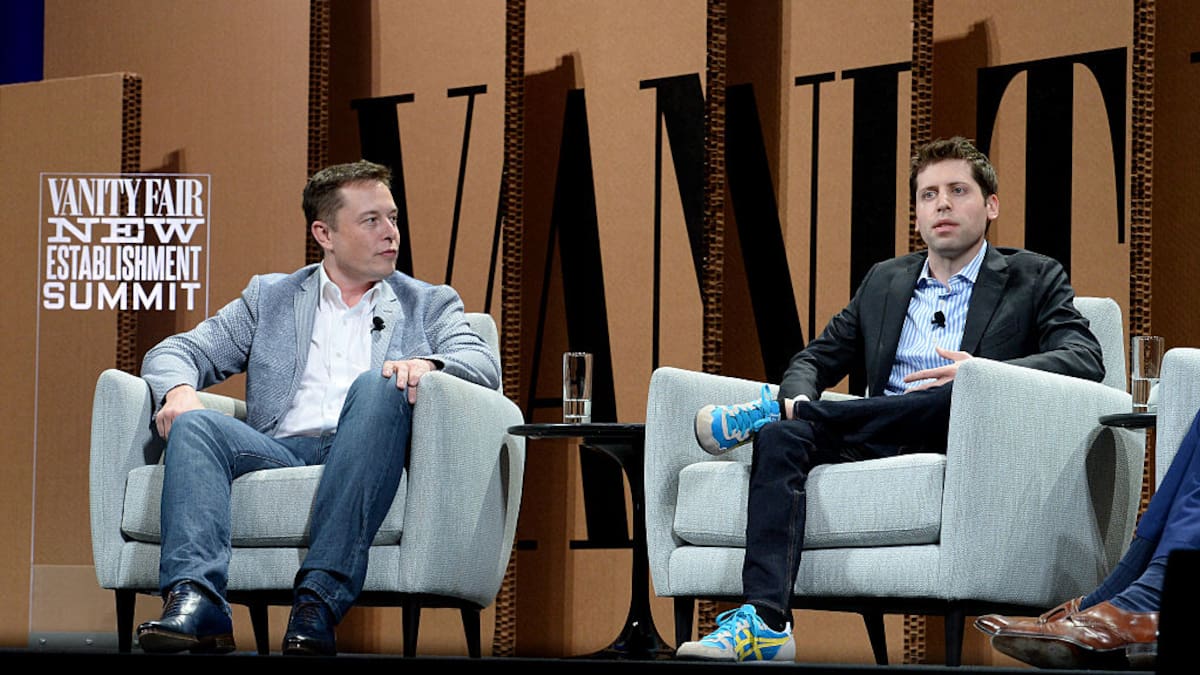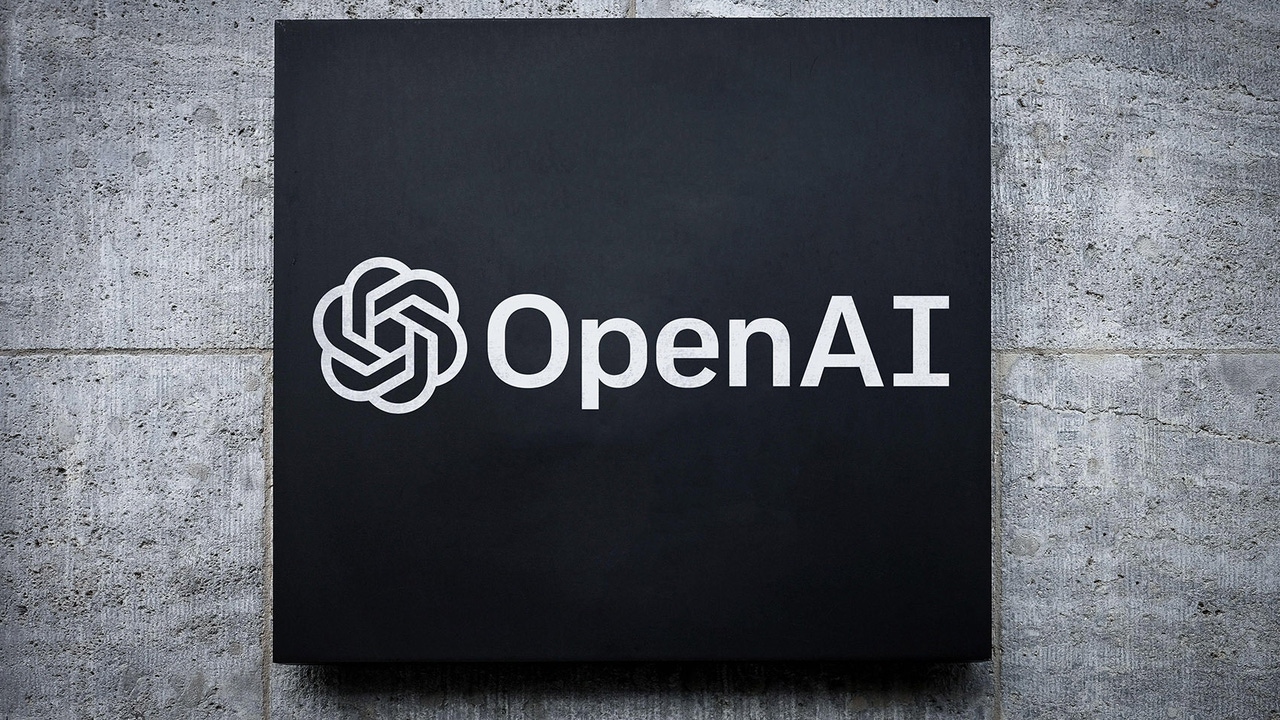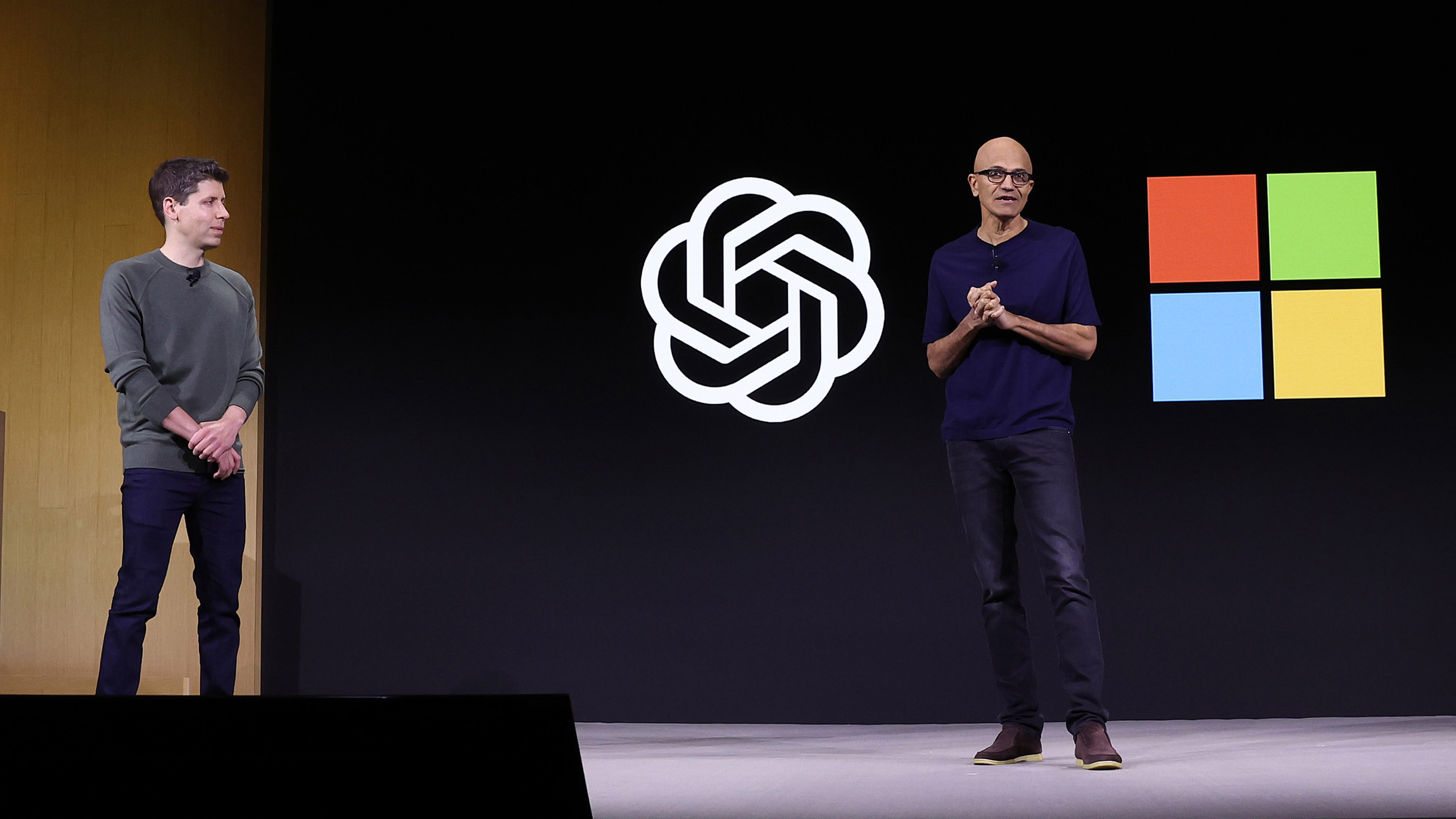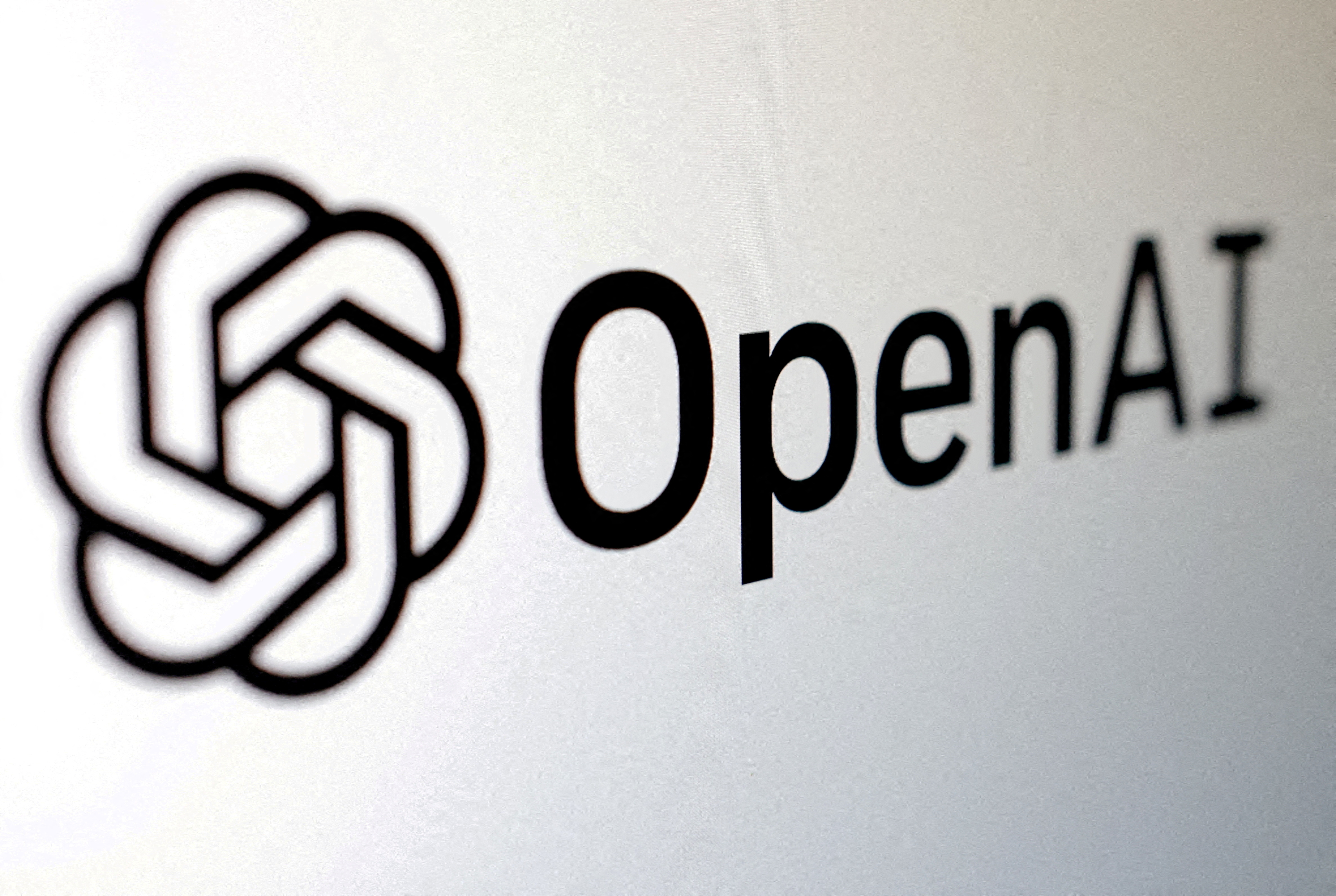In a dramatic new twist in the ongoing struggle over the future of OpenAI, Tesla CEO Elon Musk has called on the attorneys-general of California and Delaware to intervene and force OpenAI to auction off a significant ownership stake in the company. This development signals an intensification of the bitter legal dispute between Musk and OpenAI’s CEO, Sam Altman. The battle, which has been brewing for months, centers around the company’s transition from a non-profit to a for-profit structure and the substantial influence this move could give to outside investors.
Here's ads banner inside a post

Musk’s legal representative, Marc Toberoff, has urged the top law officials in both states to push OpenAI to auction a large portion of its ownership, potentially opening the door for outside investors to gain control over the company. Toberoff’s letter, seen by the Financial Times, states that several significant artificial intelligence investors are eager to participate in an open and competitive bidding process for a stake in OpenAI. However, according to an insider familiar with OpenAI’s plans, the company has no intention of conducting such an auction. Instead, Musk’s camp is accused of seeking to cause further chaos in the already complex situation.

Here's ads banner inside a post
OpenAI’s Complex Evolution
The roots of this dispute lie in OpenAI’s transformation from a non-profit organization dedicated to ensuring the safe and beneficial development of artificial intelligence into a for-profit entity. OpenAI was originally founded in 2015 by Elon Musk, Sam Altman, and a group of other tech entrepreneurs with the goal of advancing AI for the collective good of humanity. Musk, the largest early backer of the initiative, played a crucial role in funding OpenAI, and for a time, was actively involved in its decision-making processes.

However, Musk’s relationship with the company took a turn in 2018 when he resigned from the board after clashing with Altman over the company’s direction. That same year, OpenAI took a significant step by creating a for-profit subsidiary, a move that allowed the company to raise capital through outside investments. One of the largest contributors has been Microsoft, which has invested over $13 billion in OpenAI and is now one of its most significant stakeholders.
Here's ads banner inside a post

OpenAI’s decision to structure itself as a hybrid of non-profit and for-profit entities has raised questions about the company’s governance and long-term mission. The non-profit entity holds a significant stake in OpenAI’s for-profit subsidiary, which has led to discussions about how much influence the non-profit should continue to wield. In late 2023, OpenAI’s board made headlines when it briefly ousted Altman as CEO, causing a public uproar and putting the company’s governance structure under intense scrutiny.
The Push for an Auction
Musk’s legal team argues that the non-profit should auction off its stake in OpenAI to ensure it receives the highest possible value for its assets. Toberoff’s letter to the attorneys-general of California and Delaware stresses that this auction is crucial for upholding the non-profit’s fiduciary duties, ensuring transparency, and allowing outside investors to step in and gain influence over the organization. According to Musk’s camp, the non-profit’s stake could be worth tens of billions of dollars, and such an auction would help realize that value.

This is not the first time Musk has clashed with OpenAI over its business decisions. Musk has repeatedly accused Altman and the company of deviating from the original mission of OpenAI. In particular, Musk has claimed that the company, along with Microsoft, is now building a for-profit monopoly that targets Musk’s own AI start-up, xAI, which he founded in 2023. Musk has characterized Altman’s leadership as deceitful, using the phrase “deceit of Shakespearean proportions” to describe what he perceives as a betrayal of the company’s founding values.
Legal and Strategic Implications
The battle over OpenAI’s future is not only about control but also about the wider implications for the rapidly evolving field of artificial intelligence. Musk’s objections are grounded in the belief that OpenAI, which once positioned itself as a champion of ethical AI development, is now prioritizing corporate profits over public benefit. By forcing the company to auction off its stake, Musk and his allies hope to reshape the company’s leadership and ensure that the broader mission of AI safety and accessibility remains intact.

Musk’s legal maneuvering is also likely driven by his belief that OpenAI’s increasing dominance in the AI space poses a direct threat to his own ambitions in the field. OpenAI’s products, including its widely popular language model, ChatGPT, have garnered significant attention and investment, giving the company a powerful position in AI development. Musk’s own AI start-up, xAI, competes in the same arena, and Musk has voiced concerns that OpenAI’s commercial interests are undermining the ethical standards he believes should govern AI research.

In late 2023, Musk attempted to block OpenAI’s conversion into a public benefit corporation (PBC), a legal status that would allow the company to maintain its profit-driven structure while committing to broader societal goals. Musk filed for a preliminary injunction in California to halt the process, alleging that OpenAI’s relationship with Microsoft created an unfair monopolistic situation. Meta, too, has expressed support for Musk’s lawsuit, further complicating the legal landscape.
The Role of State Attorneys-General
The involvement of the attorneys-general of California and Delaware is critical to the outcome of this dispute. Delaware, where OpenAI is incorporated, has seen significant legal developments surrounding the company’s restructuring. Delaware Attorney-General Kathleen Jennings has emphasized her office’s responsibility to ensure that OpenAI’s conversion into a PBC aligns with the public interest and is conducted at a fair price.

The tension between California and Delaware over jurisdictional authority has added another layer of complexity to the case. Musk’s legal team has raised concerns that Delaware may rush through OpenAI’s PBC conversion process, potentially sidelining critical issues and minimizing the influence of California, where OpenAI is headquartered.
The Future of OpenAI
The outcome of this legal struggle will have far-reaching consequences for OpenAI and the artificial intelligence landscape. The company’s conversion to a PBC, which was a part of its $6.6 billion funding round in October 2024, would further cement its status as one of the most valuable AI companies in the world, with a valuation of $157 billion. However, as Musk’s legal efforts show, this transition is not without opposition.
OpenAI has maintained that its goal remains focused on benefiting humanity through AI, and it has argued that the proposed restructuring will allow it to continue its work while also fulfilling its obligations to shareholders and employees. A spokesperson for OpenAI dismissed Musk’s actions as “lawfare,” emphasizing that the company remains focused on its mission.
As the legal battle continues, the fate of OpenAI’s governance and its ability to fulfill its mission will remain in the hands of the courts, regulators, and stakeholders like Elon Musk, who are deeply invested in the future of artificial intelligence.

In the coming months, this high-stakes legal drama will likely continue to unfold, shaping the future of AI development and governance. Whether Musk’s call for an auction will be successful or whether OpenAI will proceed with its transition to a PBC will have a lasting impact on the trajectory of one of the most influential companies in the technology sector.

